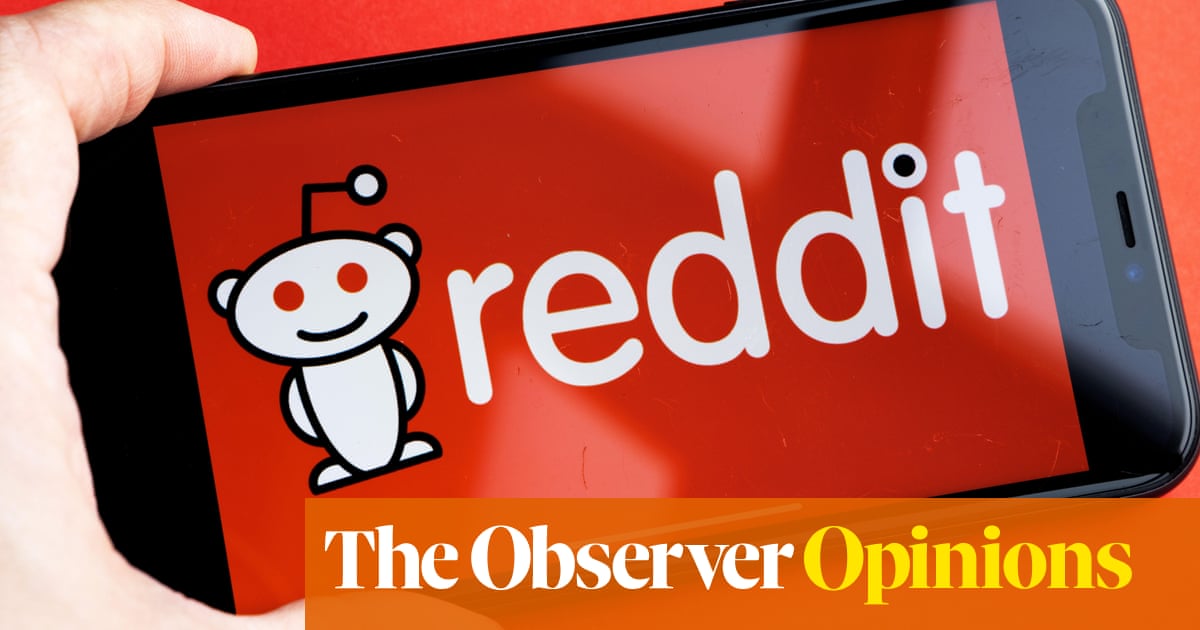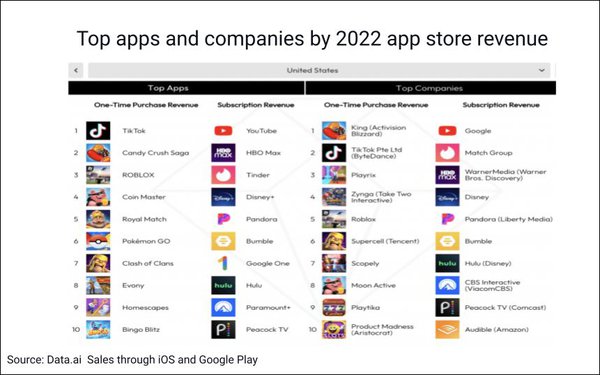- Digital Media Products, Strategy and Innovation by Kevin Anderson
- Posts
- Traffic and impact from social media is vanishing
Traffic and impact from social media is vanishing
PLUS How the FT uses data to "ace the subscription game"

Every once and a while, there are a few signals that something is the media landscape, and this is one of those times. This particular signal has been noticeable for several years now as social media platforms squeezed organic reach and referrals to promote their own paid advertising products, but I think we’re reaching a new phase of this shift.
Yesterday, Simon Willison, a truly great developer with a passion for journalism (and a former colleague at The Guardian), shared a Tweet from a senior writer at the gaming site, Kotaku.
a loyal audience coming to the front page is the only thing that saved us between 2019-now, and will be the only thing that can save us in the immediate future. twitter clickthrough is non-existent, and FB has become increasingly irrelevant as well.
— Luke Plunkett (@LukePlunkett)
12:07 AM • Jun 19, 2023
Digging a little deeper into that post and thread, and Gizmodo is quoting a firm called Echobox that says that traffic from Facebook across their clients has dropped by about 50% for the 2000 publishing clients that they work with around the world. Gizmodo says that they noticed the drop in May of this year, but that other publishers began to notice the cliff in February. They are saying that Facebook hasn’t been transparent about changes to its algorithm, and that’s pretty much par for the course. Quite honestly, Facebook has a vested interest in keeping people in its magical walled garden so that they can grab the ad revenue. Organic referral traffic isn’t very valuable to them.
But questions are being asked about other Meta properties. Thomas Baekdal, who writes very good analysis of the media industry, particularly magazines, was particularly scathing about the value of social media for engagement outside of Instagram or other social properties for that matter.
One of my posts went viral on Instagram when it was featured in the explorer tab. But, with thousands upon thousands of views, none of them connected, none of them decided to see what else I had posted, none of that engagement did anything for me. So I have now deleted that post.
— Thomas Baekdal (@baekdal)
7:36 PM • Jun 19, 2023
Thomas says that social media is dead for publishers, and he posts some of his own stats to back up his claim.
Social media is dead for publishers. And no, TikTok isn't the answer either. It's actually even worse. Here you can have millions of views on a video, but nobody ever goes anywhere else. It's just random noise.
— Thomas Baekdal (@baekdal)
7:36 PM • Jun 19, 2023
And this is in part what is driving the decline in direct traffic that the Reuters Institute found since 2018. It is one of the reasons. And this is why publishers are rushing to build a direct relationship with their audiences as the platforms decline and AI chatbots rise. It is imperative.
And in The Verge, we have the other pillar of platform-driven traffice, search, and Google in particular. It chronicles the professional and business journey for a writer who increasingly finds herself engaging in SEO dark arts to get Google to index her e-commerce site. It demonstrates the uncomfortable balance that publishers with an e-commerce offering will have to navigate. And just as social traffic has become harder to come by, search has followed many of the same trends. And AI is expected to disrupt search, and again, that is why publishers are re-writing their audience development playbooks and fine-tuning their retetention strategies to make sure that the relationships that they have with audiences remain vital.
Publishers who have decided to create their own future and deepen their relationships with their audiences are the ones that are proving resilient during these changes. The FT began its subscription journey more than a decade ago, and the financial support that it gains from its subscribers have allowed it to invest in data and skills that have built up a strong competitive advantage.
What is really valuable with this piece is that it talks about the valuable data that publishers who have registration or subscription walls have. “(H)aving a paywall has helped the FT to track engagement levels, customer lifetime value, explore payment packages and content, and play around with newsletters.”
But personal data can be a tricky game, and businesses will have to be transparent about how they benefit from it and who owns it.
TikTok may not be driving much traffic to publishers, but it is certainly building quite a tidy business for itself.
The Pew Research Center in the US has a good league table of the most popular podcasts in the country and what topics are driving engagement.
/cdn.vox-cdn.com/uploads/chorus_asset/file/24726611/236693_Small_Business_Google_SEO_HHerrera.jpeg)



